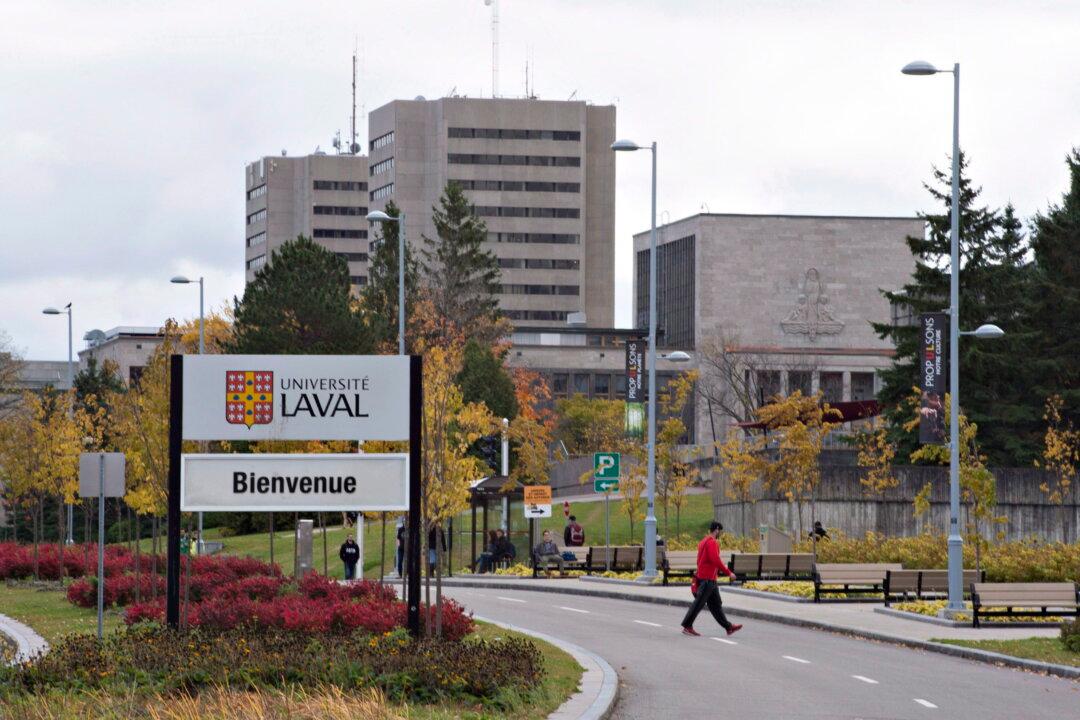A professor at Laval University currently suspended without pay for a second time for his criticism of COVID-19 vaccination in children says the institution has abandoned on Feb. 14 a third disciplinary process against him which could have led to his firing.
Patrick Provost, a full professor in the Department of Microbiology, Infectious diseases and Immunology at the Faculty of Medicine, said in a statement the university reversed course “completely unexpectedly.”





